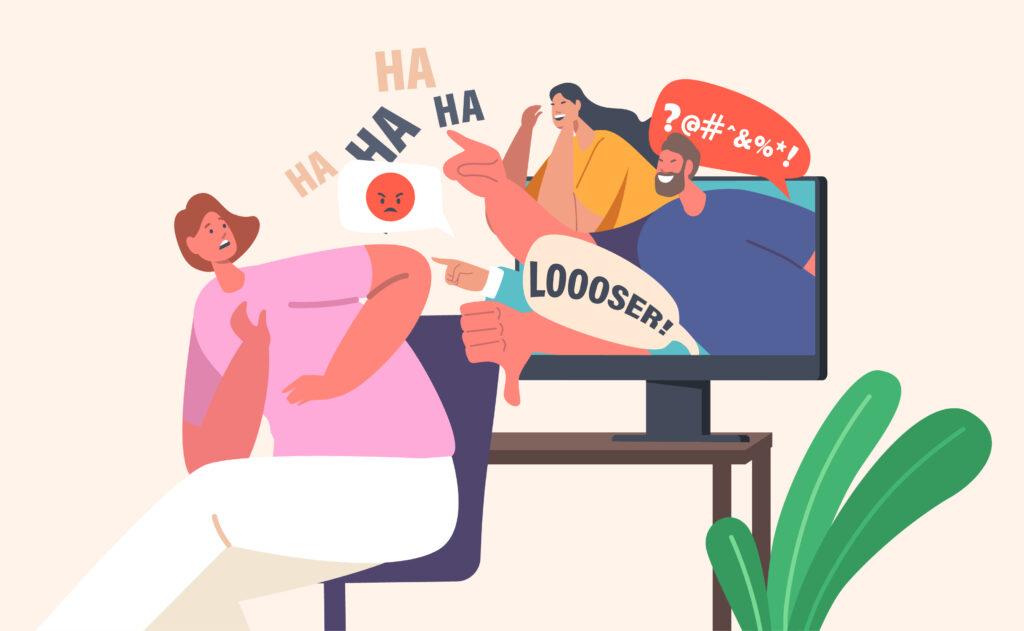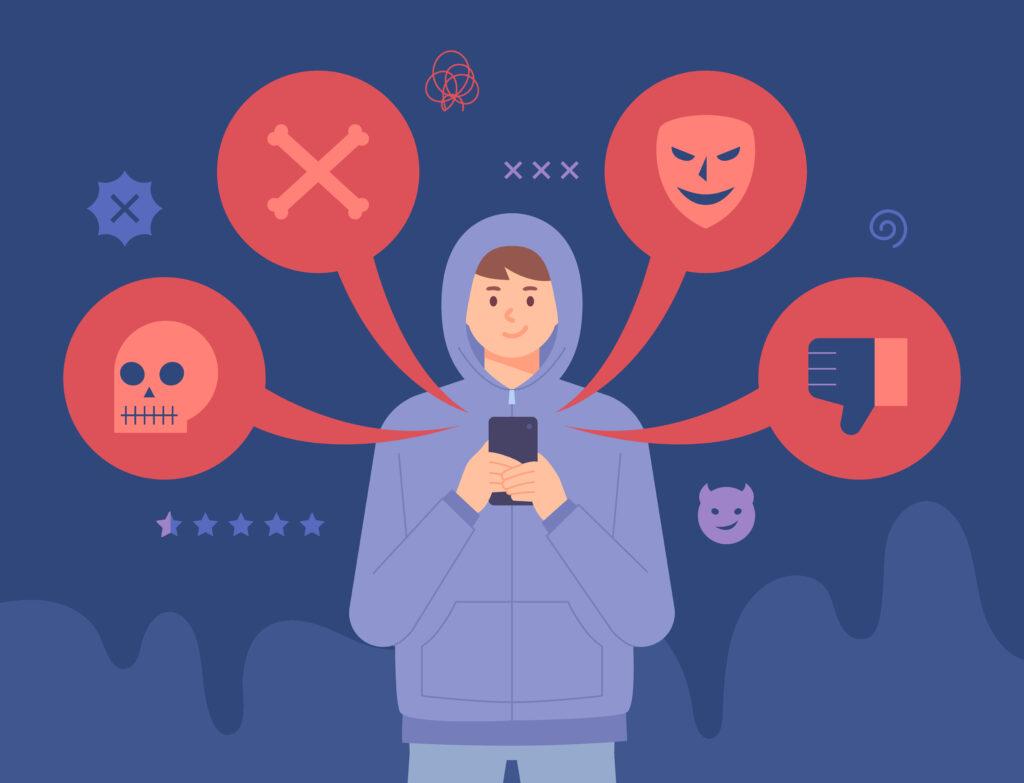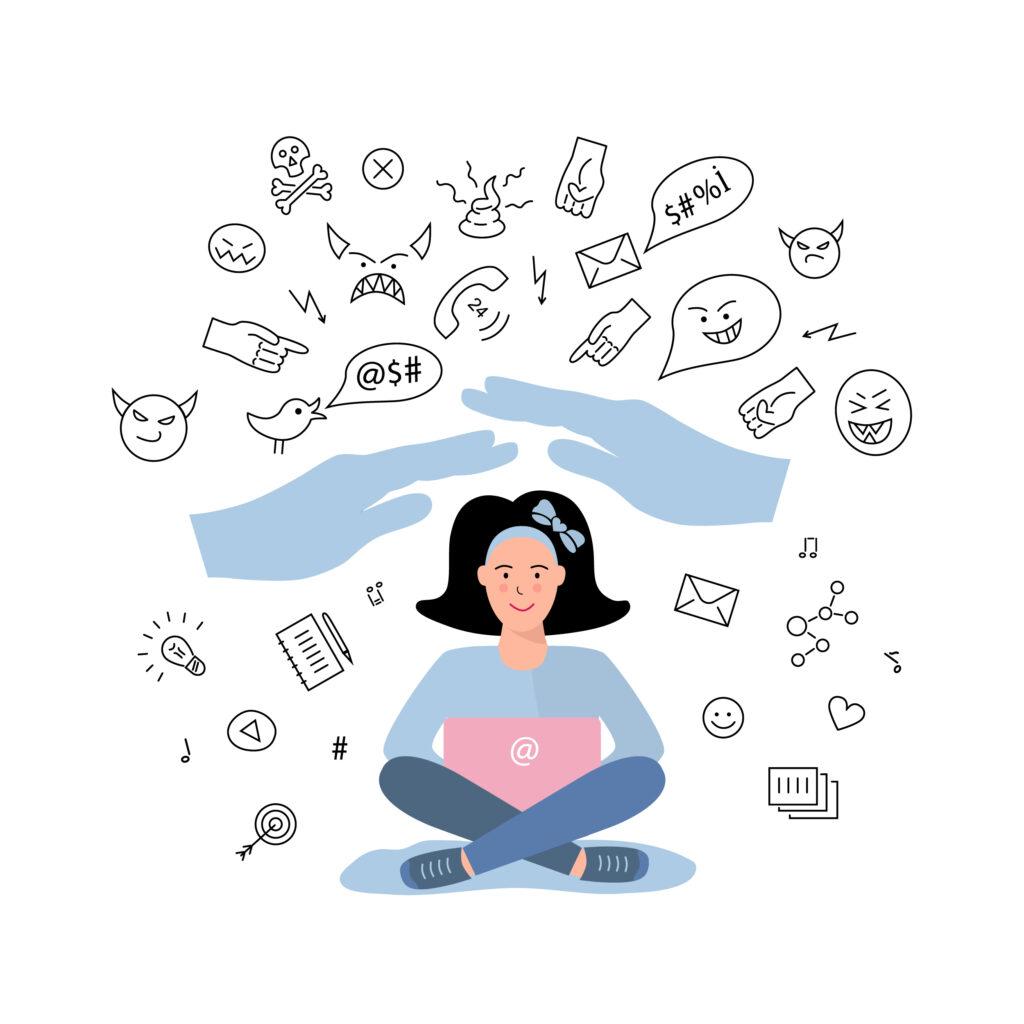People in the digital era have reaped numerous benefits from the rise of online platforms. We now live in a borderless world, with the ability to access information at the tips of our fingers and even run an e-commerce business from the comforts of our own homes, thanks to the Internet.
However, with the rise of online platforms, it’s not always rainbows and sunshine. The popularity of these platforms has empowered bullies and keyboard warriors to say things that they would never say to your face, otherwise.
With the rise of online platforms came the rise of keyboard warriors, and this problem appears to have no end in sight. However, one question remains unanswered. Why do keyboard warriors act the way they do?
We’ve invited Dr. Sam Jeng Mun, an experienced clinical Psychologist at Serene Psychological Services and a Senior Lecturer at Taylor’s University to shed some light on this important topic.

1Twenty80: Who is a keyboard warrior?
Dr. Sam Jeng Mun: ‘Keyboard warriors’ by definition is someone who is quite opinionated (and behaves aggressively) in online text-based discussions in the media platform. This behaviour may not be present in their real life.
1Twenty80: What is the psychological link behind keyboard warriors?
Dr. Sam: Based on the social psychology perspective, ‘disinhibition effect’ can happen when they feel more disinhibited from the social media world (not being seen or recognised). This gives them an opportunity to voice out their opinions freely and sometimes aggressively. This behaviour is irresponsible as they ‘attack’ others as a result of their dissatisfaction. However, these keyboard warriors refuse to portray themselves in an open manner fearing judgement from others on them.

1Twenty80: Why do some people feel comfortable spreading negativity via the comfort of a keyboard?
Dr. Sam: Similar to cyberbullying, the perpetrator has an intention to create harm when they engage in spreading negativity without being recognised in the media platform. Being anonymous is one of the hallmarks to feel more comfortable in spreading negativity, as they do not need to be held responsible for their actions.
1Twenty80: Can being a keyboard warrior turn into an addictive habit?
Dr. Sam: When this behaviour receive ‘rewards’ in many different forms, such as being supported, agreeable, or praised in the media platform, it is likely that the behaviour can be repeated. Moreover, information shared in the media platform can last much longer than in-person, causing persistent reward even after the typing behaviour.

1Twenty80: Is there such a thing as an ethical keyboard warrior?
Dr. Sam: Referring to ethical writing and ethical journalism, all forms of formal write-up that is readable by the public should be vetted before publications. This is similar to commenting anonymously on a certain content, it also has to be thoroughly thought through to avoid creating any adverse effect.
1Twenty80: Are there any positive outcomes to being a keyboard warrior?
Dr. Sam: Not really, it can only serve as a platform for them to express themselves freely.
1Twenty80: How can someone practice being an ethical keyboard warrior?
Dr. Sam: Having good awareness and empathy are two important practices.
Individuals are free to express their opinions online, but they must be aware of the responsibility they bear if any consequences arise for either party.
1Twenty80: Should people voice their opinions online?
Dr. Sam: Individuals are free to express their opinions online, but they must be aware of the responsibility they bear if any consequences arise for either party.
1Twenty80: What is the difference between critiquing and cyberbullying?
Dr. Sam: Being critical of a topic can help an individual learn from a different perspective. Cyberbullying has a strong intention to hurt, creating a difference in power balance, leaving the victim being psychologically affected and does not have any intention to help with growth.
1Twenty80: How do we draw the line between constructive criticism and negative criticism?
Dr. Sam: The perspective of the criticism has to be set forth prior to typing any form of feedback. Constructive criticism helps an individual to look into ways to improve instead of merely pointing out what’s done wrong. Negative criticism is the other way round.
1Twenty80: What are your thoughts on the phrase, “If you have nothing good to say, don’t say anything at all”?
Dr. Sam: I truly believe in this phrase because we should not do any harm to anyone as we are not sure what’s the psychological mental state of people from the other side, that is people who are reading the statements that we posted. It may trigger some unwanted emotions.
1Twenty80: How to handle cyberbullies?
Dr. Sam: They should go for psychological consultations to understand if they have any underlying psychological issues that cause them to be cyberbullies. As an individual or victim, they should not be highly affected by the words said by the cyberbullies as I have mentioned that they have strong intentions to hurt and that may not be the truth. If anyone feels that they have been cyberbullied, it is important for them to report to necessary authorities.
If you or a loved one is experiencing cyberbullying, here are some important hotlines for you to reach out for help:
- Email to cyber999@cybersecurity.my.
- SMS to 15888 using the following format: CYBER999 REPORT (email) (report). Each SMS will be charged at RM0.15 per message.
- To report abuse, bullying, or neglect and more, dial the national 24-hour hotline 15999.
- Call Befrienders Malaysia at their 24-hours toll free line at 03-7627 2929 or drop them an email at sam@befrienders.org.my.
Let’s all be kind to each other.













